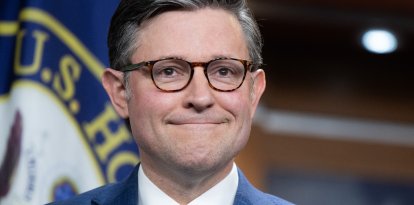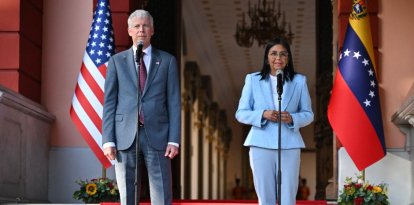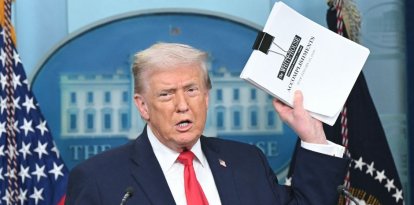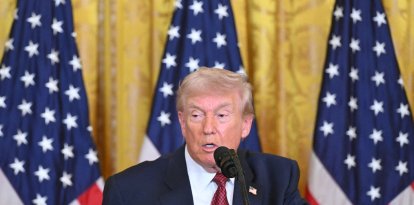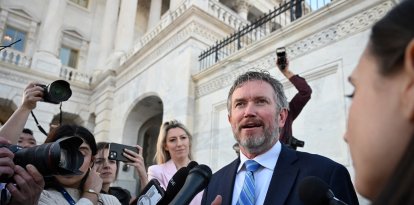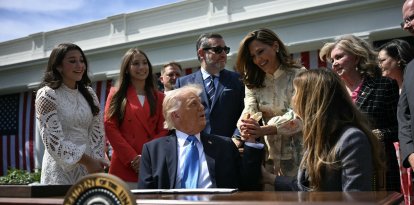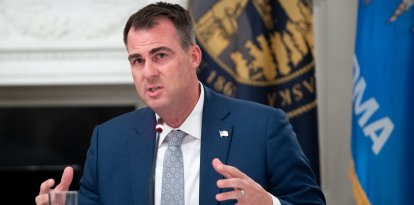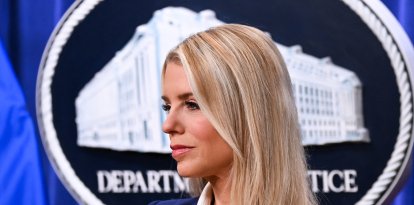EU says it 'strongly regrets' steel tariffs announced by Trump
The E.U. is "ready" to respond. "If a mutually acceptable solution is not found," "countermeasures" will come into force on July 14.
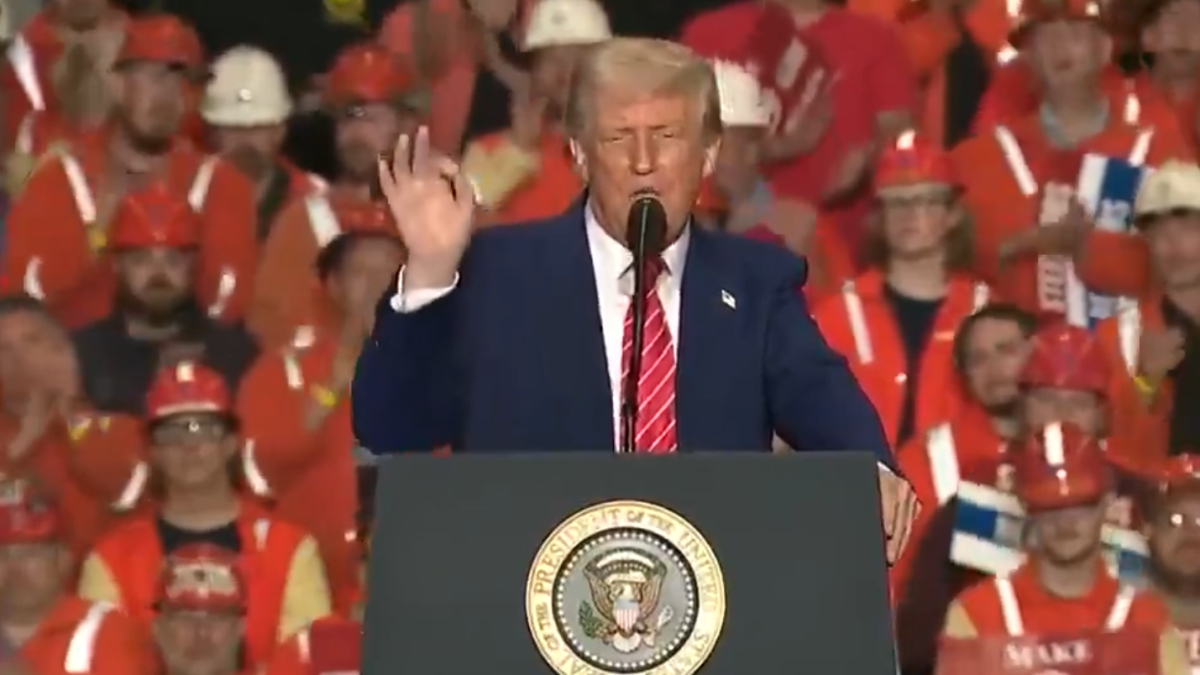
Donald Trump announces 50% steel tariffs
The European Union "strongly regrets" Donald Trump's new tariffs on steel and aluminum, which "undermine ongoing efforts to reach a negotiated solution" with the U.S., the European Commission said Saturday.
The E.U. is "ready" to respond. "If a mutually acceptable solution is not found," "countermeasures" will come into force on July 14, "or even earlier if circumstances require," a spokeswoman said.
Donald Trump's announcement "adds new uncertainty to the global economy and increases costs for consumers and businesses on both sides of the Atlantic," the European Commission criticized.
Steel tariffs to rise to 50%
This statement came after President Donald Trump, from a steel plant in Pennsylvania, announced on Friday that his administration will double tariffs on imported steel as part of a more aggressive strategy to defend domestic production and maintain U.S. control over key companies such as U.S. Steel.
During an event held in Allegheny County, one of the historic centers of steel production in the country, the Republican explained that the increase in tariffs seeks to guarantee the survival and competitiveness of the steel industry.
"We are going to bring it from 25% to 50%, the tariffs, on steel into the United States of America, which will even further secure the steel industry in the United States," the president told workers and media.
The announcement came as part of an agreement between U.S.-based producer U.S. Steel and Japan's Nippon Steel, which recently joined forces after months of controversy over the possible foreign takeover of U.S. Steel.
Trump assured that the pact reached will protect national interests and allow U.S. Steel to "remain an American company," despite the participation
A deal with Japan amid trade tensions
It should be recalled that since Nippon Steel announced its intention to acquire U.S. Steel, the future of the company, which was founded in Pittsburgh, became a sensitive political issue, especially in key election states.
Both Trump and then-President Biden initially opposed the sale.















